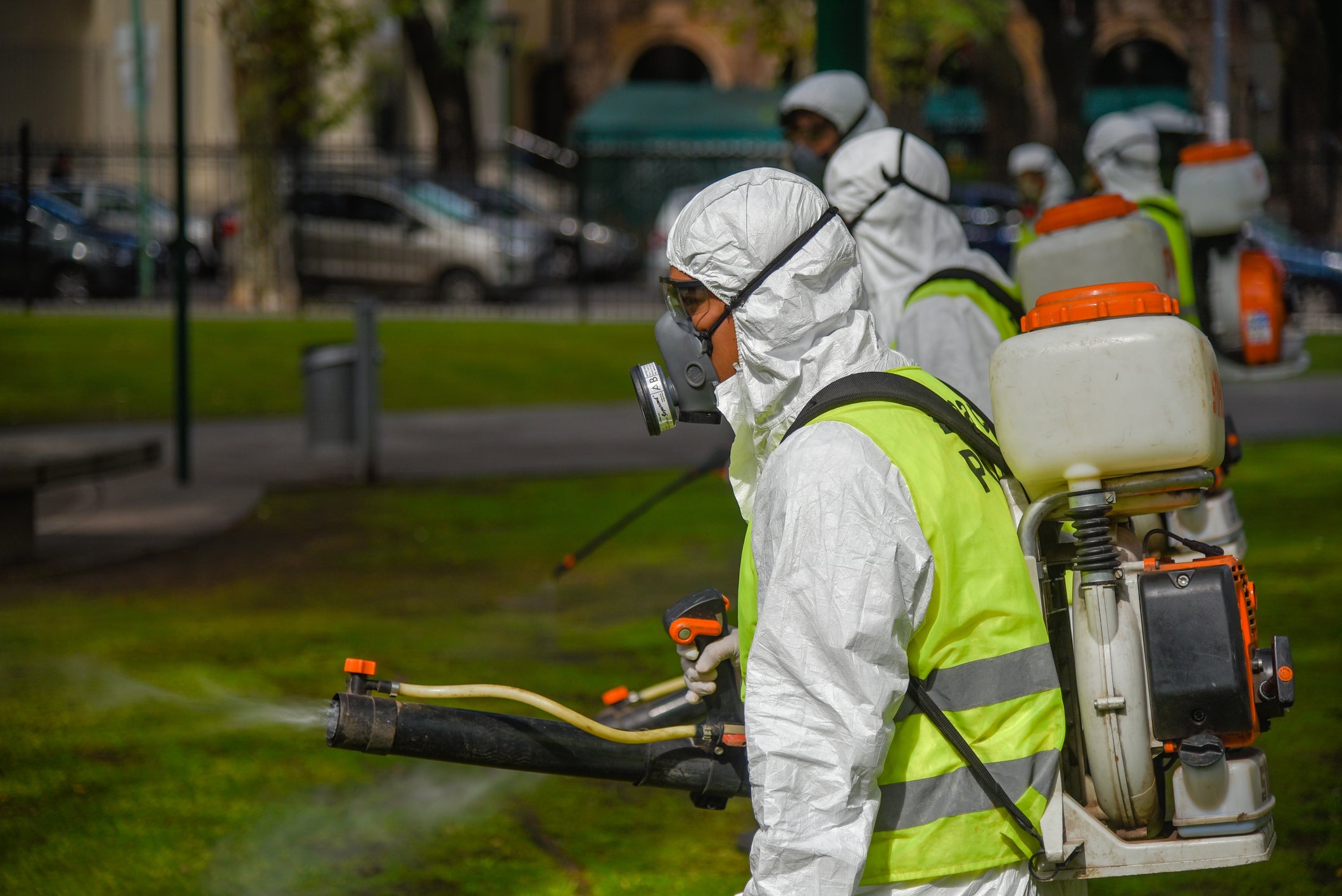A mosquito suit is an essential piece of protective clothing designed to keep mosquitoes and other insects at bay. Whether you're an avid outdoors enthusiast, a traveler to mosquito-prone areas, or someone working in environments where insect bites are a concern, understanding the purpose, benefits, and proper use of a mosquito suit can enhance your protection and comfort.
Purpose of a Mosquito Suit
The primary purpose of a mosquito suit is to protect the wearer from mosquito bites and other insect-related hazards. Mosquitoes are known vectors for various diseases, including malaria, dengue fever, Zika virus, and West Nile virus. A mosquito suit acts as a barrier to prevent these insects from reaching your skin, thereby reducing the risk of bites and the transmission of diseases.
Benefits of a Mosquito Suit
1. Protection Against Insect-Borne Diseases
The most significant benefit of wearing a mosquito suit is the protection it offers against insect-borne diseases. By preventing mosquito bites, you reduce your risk of contracting diseases that mosquitoes can transmit, ensuring better health and safety.
2. Comfort in Outdoor Activities
During outdoor activities such as hiking, camping, or fishing, mosquitoes can be a significant nuisance. A mosquito suit provides comfort by keeping insects away, allowing you to enjoy your outdoor experience without constant irritation from bites.
3. Prevention of Allergic Reactions
Some individuals are more sensitive to mosquito bites and may experience allergic reactions or severe itching. A mosquito suit helps prevent bites, thus reducing the risk of allergic reactions and associated discomfort.
4. Reduces Need for Insect Repellents
While insect repellents are effective, they need to be applied frequently and may wear off over time. A mosquito suit provides a physical barrier that reduces your reliance on chemical repellents, offering a more convenient and potentially safer solution.
5. Versatility and Ease of Use
Most mosquito suits are designed to be lightweight, breathable, and easy to wear. They can be used in various settings, including hiking trails, outdoor work environments, and tropical destinations. Their versatility makes them a practical choice for various situations.
How to Use a Mosquito Suit
1. Choose the Right Suit
Select a mosquito suit that fits well and is suitable for your needs. Consider factors such as the level of protection, material, and any additional features like built-in mosquito nets or hoods. Ensure the suit covers all exposed areas to maximize protection.
2. Wear Properly
Put on the mosquito suit according to the manufacturer’s instructions. Ensure that it fits snugly around the wrists, ankles, and neck to prevent any gaps where mosquitoes could enter. Some suits come with elastic bands or adjustable features to help achieve a secure fit.
3. Check for Damage
Before heading out, inspect the mosquito suit for any signs of damage or wear. Check for holes, tears, or defects that could compromise its effectiveness. Repair any issues or replace the suit if necessary to ensure maximum protection.
4. Maintain Suit Hygiene
Follow the care instructions provided by the manufacturer to maintain the cleanliness and effectiveness of the mosquito suit. Regularly wash and dry the suit as recommended to remove any dirt or debris that could affect its performance.
5. Combine with Other Protective Measures
While a mosquito suit provides excellent protection, consider combining it with other preventive measures for enhanced safety. Use insect repellents on exposed skin, stay in well-screened or air-conditioned areas, and take precautions during peak mosquito activity times.
Conclusion
A mosquito suit is a valuable protective garment that offers numerous benefits, from safeguarding against insect-borne diseases to enhancing comfort during outdoor activities. By understanding its purpose, benefits, and proper use, you can make informed decisions to protect yourself effectively and enjoy your time outdoors with peace of mind.
Frequently Asked Questions (FAQs)
Can a mosquito suit be used in all weather conditions?
Most mosquito suits are designed to be breathable and lightweight, making them suitable for various weather conditions. However, it’s essential to choose a suit appropriate for the climate you'll be in, such as one with better ventilation for hot weather or additional layers for cooler conditions.
How often should I replace my mosquito suit?
The frequency of replacement depends on the suit’s condition and usage. Regularly inspect the suit for signs of wear and tear. Replace it if you notice significant damage or if its protective features are compromised.
Are mosquito suits effective against all types of insects?
While mosquito suits are primarily designed to protect against mosquitoes, they can also offer some protection against other biting insects. However, for full protection against a broad range of insects, additional measures or specialized gear may be necessary.
Can I use a mosquito suit in combination with insect repellents?
Yes, combining a mosquito suit with insect repellents can enhance your protection. The suit provides a physical barrier, while repellents offer additional defense against any insects that might come into contact with your exposed skin.
What materials are typically used in mosquito suits?
Mosquito suits are commonly made from lightweight, breathable materials such as polyester or nylon. Some suits are treated with insect-repellent chemicals or have built-in mesh nets for added protection. Always check the material and treatment details to ensure they meet your needs.

